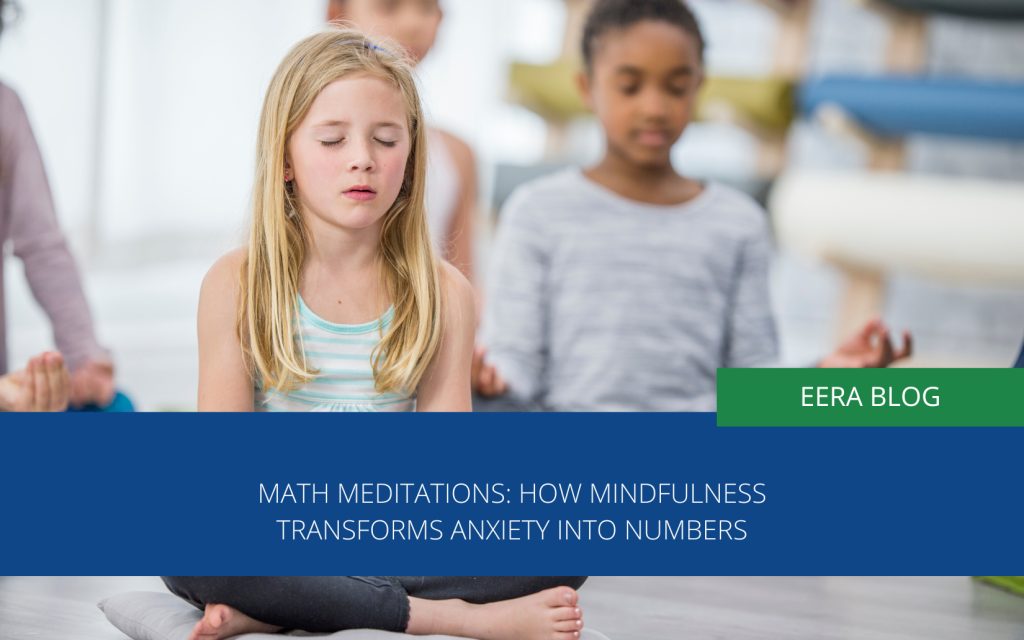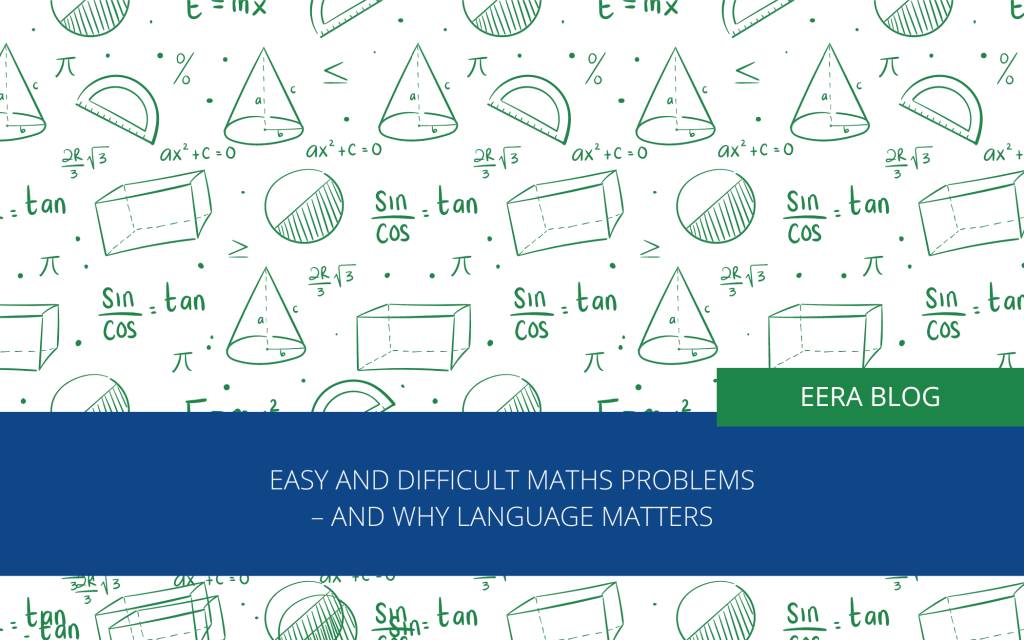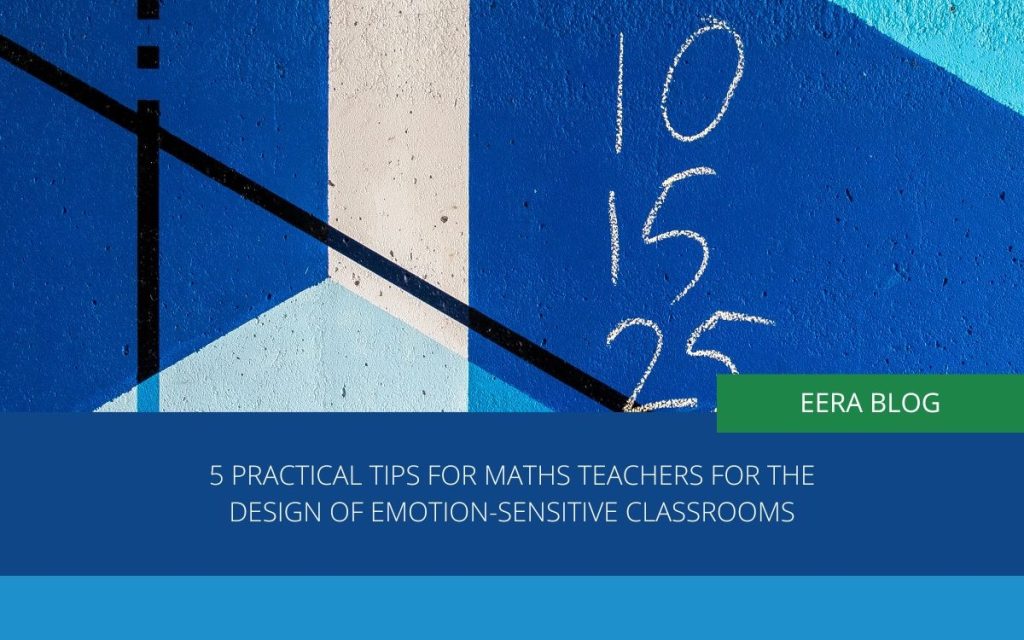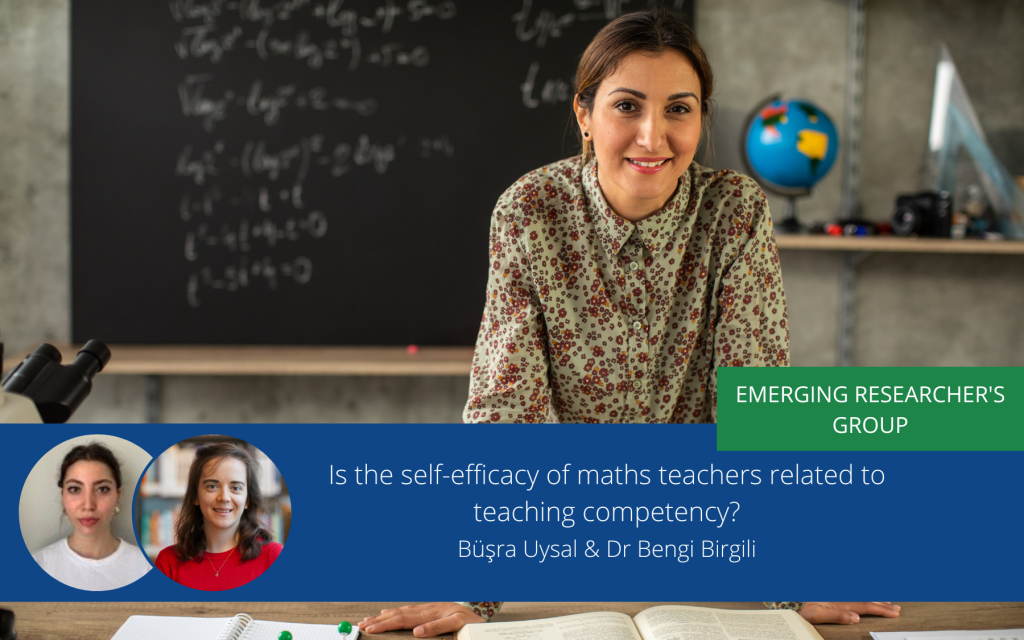Interview with Link Convenor 2019
Network Objectives
Research in mathematics education has primarily two purposes: first, to better understand the nature of mathematical thinking, teaching, and learning, and second to use such knowledge in practice for learning and teaching mathematics. It is generally acknowledged that mathematics education has a social and political dimension (e.g., the importance of mathematics in society; the relevance of mathematics to other subjects; inclusion and exclusion in terms of gender, race, and social class). Moreover, mathematics education as a research domain also comprises other educational sciences and disciplines such as sociology, psychology, anthropology, linguistics, philosophy, and more recently also, neuroscience.
Network 24 aims to:
- facilitate and promote communication and cooperation in mathematic education research amongst European researchers;
- link issues in mathematics education to those in the wider field of educational research;
- bring together and explore issues in mathematics education that are of scientific interest and which would benefit from collaborative research
- increase the visibility of mathematics education research within educational research in Europe.
Further Objectives
As a network, we would like to encourage contributions relating to all fields of mathematics education research and, in particular, those comparing across regions and cultures. In the past, contributions have focussed on inquiry-based learning and problem-solving in mathematics education; affect and beliefs; modeling; authentic and real-life activities in mathematics education; mathematical tasks; assessment issues; mathematics and language; mathematics in teacher education; mathematics teacher learning; professional development in mathematics education; children’s mathematical thinking; design-based research in mathematics education; mathematics teacher noticing; mathematics teacher knowledge; international & comparative studies in mathematics education; mathematics curriculum and curriculum materials/resources; ICT and math education; reasoning and proof.
More generally, research groups who have worked on a joint project and with a common framework are particularly encouraged to apply. We believe that this makes the sessions more coherent. We would also like to stress that all presentation formats should be used, including Research Workshops, Roundtables, and Posters.
NW 24 runs a mailing list and invites researchers to join. To join the mailing list, send a blank message to nw24-subscribe(at)lists.eera-ecer.de



